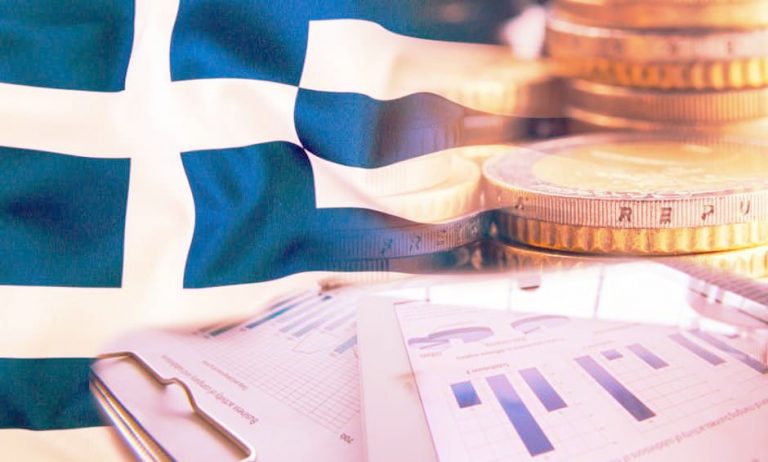
The German newspaper Handelsblatt warned in an article by Geert Holler that the year 2024 could be a turning point for the Greek economy, due to Greek debt that has jumped in absolute terms and geopolitical risks that are increasing due to the wars in Ukraine and Israel.
In fact, he often says, the only reason Greek debt is sustainable is so that until 2032 the country will not have to pay interest on European Financial Stability Facility loans.
So the interest will have reached… 25 billion euros and will be due!
What the newspaper reveals, which everyone in Greece seems to have forgotten, is that the consequences of the memorandums will bind Greece for many decades.
In particular, as the newspaper notes: “Eight years ago, Greece was on the verge of bankruptcy.
Now, the former bankruptcy candidate appears to be back on track, while also regaining investment grade — and that's a notable return.
But politicians in Athens should not rest on their laurels. The country is still burdened with terrible burdens from the legacy of the crisis years.
The biggest burden is the huge debt mountain, which represents 1.6 times this year's GDP
Of course, the debt is considered sustainable because more than 70% of obligations are borne by public creditors, such as the European bailout funds, the European Stability Mechanism, and the European Financial Stability Facility.
Loan terms are long and interest rates are low.
The country has not yet paid any interest on European Financial Stability Fund loans totaling 97 billion euros since 2013.
Their service has been suspended until the end of 2032.
But then the Greeks may once again suffer a sudden and rude awakening.
The interest payments that will be made by then will amount to about 25 billion euros!
Taking into account early 2033, Greece's debt ratio is likely to suddenly rise by about eight to ten percentage points.
The need for refinancing will increase accordingly.
One might assume that lenders will continue to give Athens a new extension. This is possible.
But you Greeks should not rely on this, because no one knows what the political balance of power will be in the Council of Finance Ministers of the euro countries in eight years.”
According to Handelsblatt, in order to mitigate the impending interest rate shock, Greece must reduce its debt as quickly as possible in the coming years.
The basic condition for achieving this is the adoption of a wise fiscal policy that allows for the achievement of financial surpluses and investments that enhance sustainable economic growth.
On average, investment in the EU represents 23% of GDP. In Greece, the percentage is only 14%.
To bridge this gap, the government in Athens needs to implement further reforms, especially in education, public administration and the judicial system.
The paper concluded that investors need specialized officials, uncomplicated and time-consuming bureaucratic approval procedures, and security guarantees regarding the administration of justice.

“Avid problem solver. Extreme social media junkie. Beer buff. Coffee guru. Internet geek. Travel ninja.”





More Stories
“Recycling – Changing the water heater”: the possibility of paying the financing to the institution once or partially
Libya: US General Meets Haftar Amid Tensions Between Governments
New tax exemption package and incentives for business and corporate mergers..